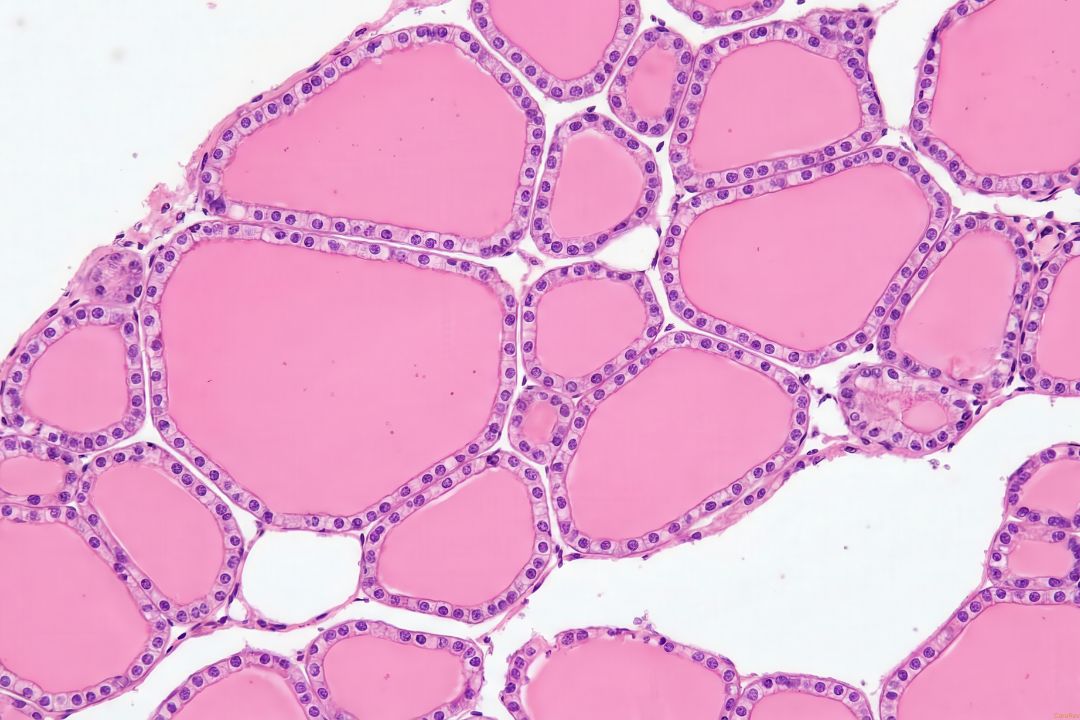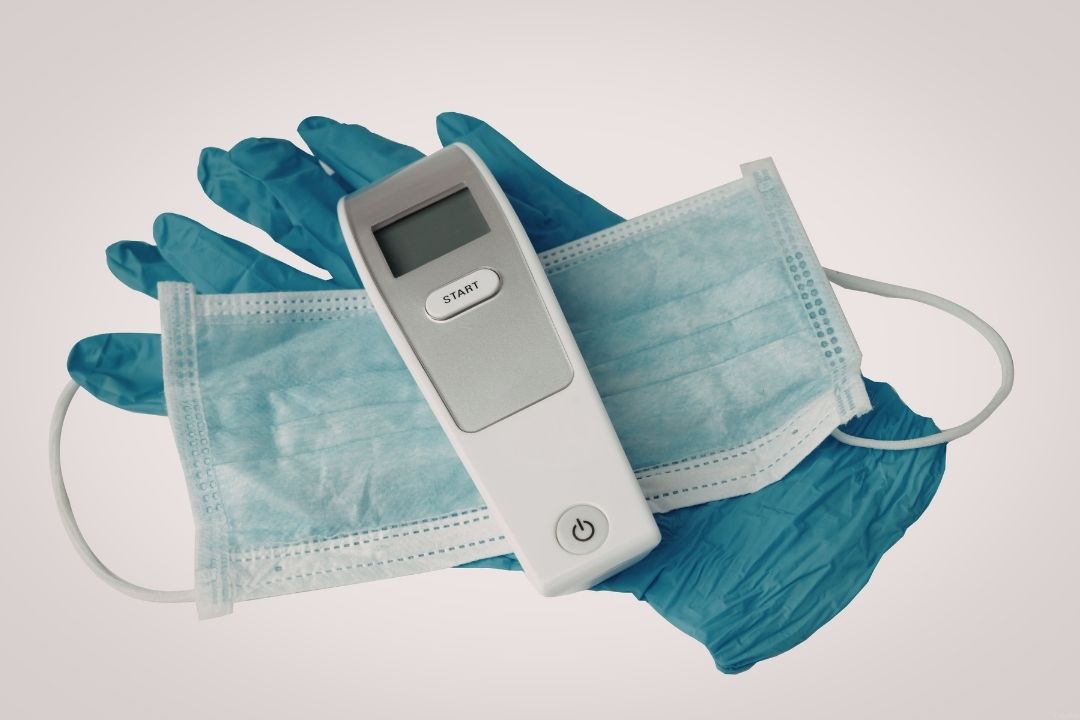
Toxicology nursing is one of the most rewarding and specialized fields in healthcare. These dedicated professionals play a vital role in managing cases of poisoning, overdoses, and other toxic exposures, making them an essential part of the healthcare system.
If you’re interested in pursuing a career that combines critical thinking, emergency care, and compassion, toxicology nursing may be the perfect fit for you. This comprehensive guide will walk you through everything you need to know about how to become a toxicology nurse, from the skills required to the steps needed to enter this field.
Table of contents:
- Understanding the role of a toxicology nurse
- The benefits of becoming a toxicology nurse
- Essential skills and traits for success
- How to start your journey as a toxicology nurse
- What to expect as a toxicology nurse
- Advancing your career in toxicology nursing
- Is toxicology nurse the right role for you?
Understanding the role of a toxicology nurse
Toxicology nurses specialize in assessing and treating patients exposed to toxic substances such as chemicals, drugs, and other harmful agents. Their primary responsibility is to provide immediate and effective care to patients experiencing poisoning or overdoses. These nurses often work in high-pressure environments, including emergency departments, poison control centers, and intensive care units.
Some of the key responsibilities of a toxicology nurse include:
- Assessing patients to determine the type and level of toxic exposure.
- Administering antidotes or other treatments to neutralize toxins.
- Monitoring patients for adverse reactions and complications.
- Collaborating with poison control centers and other healthcare providers.
- Educating patients and families about poison prevention and treatment.
By specializing in this niche field, toxicology nurses play an indispensable role in saving lives and improving outcomes for patients affected by toxic exposures.
The benefits of becoming a toxicology nurse
Choosing a career in toxicology nursing offers numerous professional and personal benefits. Here are a few reasons why this specialty is worth considering:
- High demand: With the increasing prevalence of substance abuse and exposure to hazardous chemicals, toxicology nurses are in high demand. Their expertise is critical in handling emergencies related to poisoning and overdoses.
- Competitive salaries: Toxicology nurses often earn higher-than-average salaries compared to general nursing roles, especially those working in emergency or critical care settings.
- Specialized knowledge: This field allows you to develop expertise in toxicology and pharmacology, making you a highly valued professional in the healthcare community.
- Emotional fulfillment: Helping patients recover from life-threatening situations can be incredibly rewarding. Toxicology nurses often make a tangible difference in their patients’ lives.
If you thrive in fast-paced environments and enjoy problem-solving, toxicology nursing could be a highly satisfying career choice.
Essential skills and traits for success
Toxicology nursing requires a unique set of skills and traits to excel in this challenging yet rewarding field. Here are some of the essential qualities that make a successful toxicology nurse:
- Critical thinking and problem-solving: Toxicology nurses must quickly assess situations, identify the cause of toxic exposure, and implement appropriate treatments.
- High tolerance for stress: Working in emergency settings means dealing with high-pressure situations where lives are on the line. Resilience and composure are key.
- Excellent communication: Toxicology nurses often interact with patients, families, and other healthcare providers. Strong communication skills are essential for effective collaboration and education.
- Attention to detail: Administering the correct treatment and dosage is critical in toxicology. Even small errors can have significant consequences.
- Knowledge of pharmacology: Understanding how drugs and toxins interact with the human body is a fundamental part of this role.
If you possess these skills and traits, you’re well-suited to thrive as a toxicology nurse.
How to start your journey as a toxicology nurse
Becoming a toxicology nurse involves several steps, from earning the necessary education to gaining hands-on experience. Here’s a step-by-step guide to help you embark on this exciting career path:
Step 1: Earn a nursing degree
The first step to becoming a toxicology nurse is earning a nursing degree. You can choose between an Associate Degree in Nursing (ADN) or a Bachelor of Science in Nursing (BSN). While both degrees qualify you to become a registered nurse (RN), a BSN is often preferred by employers and provides more opportunities for career advancement.
When selecting a nursing program, look for accredited schools with strong clinical training components. These programs will equip you with the foundational knowledge and skills needed for a successful nursing career.
Step 2: Pass the NCLEX-RN exam
After completing your nursing degree, you must pass the National Council Licensure Examination for Registered Nurses (NCLEX-RN) to obtain your nursing license. This exam tests your knowledge and competency as a nurse and is a mandatory requirement for practicing in the United States.
Step 3: Gain experience in critical care or emergency nursing
Toxicology nursing requires a solid foundation in emergency care and critical thinking. To build this experience, consider working in settings such as emergency departments, intensive care units, or poison control centers. These environments will expose you to a wide range of medical emergencies, including toxic exposures and overdoses.
Hands-on experience is invaluable for developing the skills and confidence needed to excel in toxicology nursing.
Step 4: Obtain certification in toxicology nursing
While certification is not always mandatory, it can enhance your credibility and career prospects. Relevant certifications for toxicology nurses include:
- Certified Emergency Nurse (CEN): This certification demonstrates expertise in emergency nursing and is highly respected in the field.
- Certified Specialist in Poison Information (CSPI): Offered by the American Association of Poison Control Centers, this certification is specifically designed for professionals working in toxicology and poison control.
Pursuing certification shows your commitment to the specialty and can make you a more competitive candidate for advanced roles.
Step 5: Apply for toxicology nursing roles
Once you’ve gained experience and obtained relevant certifications, you’re ready to apply for toxicology nursing positions. Tailor your resume to highlight your specialized training and experience, and consider networking with professionals in the field to discover job opportunities.
What to expect as a toxicology nurse
The career outlook for toxicology nurses is promising, with opportunities for growth and advancement. Here’s what you can expect in terms of job prospects and work settings:
- Job growth: As the demand for specialized healthcare services continues to grow, toxicology nurses are likely to see increased job opportunities. The rising prevalence of substance abuse and chemical exposure contributes to this demand.
- Work settings: Toxicology nurses work in various settings, including hospitals, poison control centers, and research facilities. Each setting offers unique challenges and rewards.
Advancing your career in toxicology nursing
Continuing education and professional development are essential for advancing in toxicology nursing. Here are some ways to further your career:
- Stay updated: Toxicology is a constantly evolving field. Stay informed about the latest research, treatments, and best practices by attending conferences, subscribing to journals, and participating in professional organizations.
- Pursue advanced certifications: Additional certifications, such as Advanced Cardiac Life Support (ACLS) or Pediatric Advanced Life Support (PALS), can broaden your skill set and open doors to leadership roles.
- Explore related fields: Consider transitioning into related specialties such as forensic nursing, research, or public health. These roles allow you to apply your toxicology expertise in new and exciting ways.
By investing in your education and professional growth, you can build a fulfilling and successful career in toxicology nursing.
Is toxicology nurse the right role for you?
Becoming a toxicology nurse is a challenging but rewarding journey. By following the steps outlined in this guide, you can develop the skills, experience, and credentials needed to excel in this specialized field. Whether you’re drawn to the fast-paced environment of emergency care or the opportunity to make a difference in patients’ lives, toxicology nursing offers a unique and fulfilling career path.





